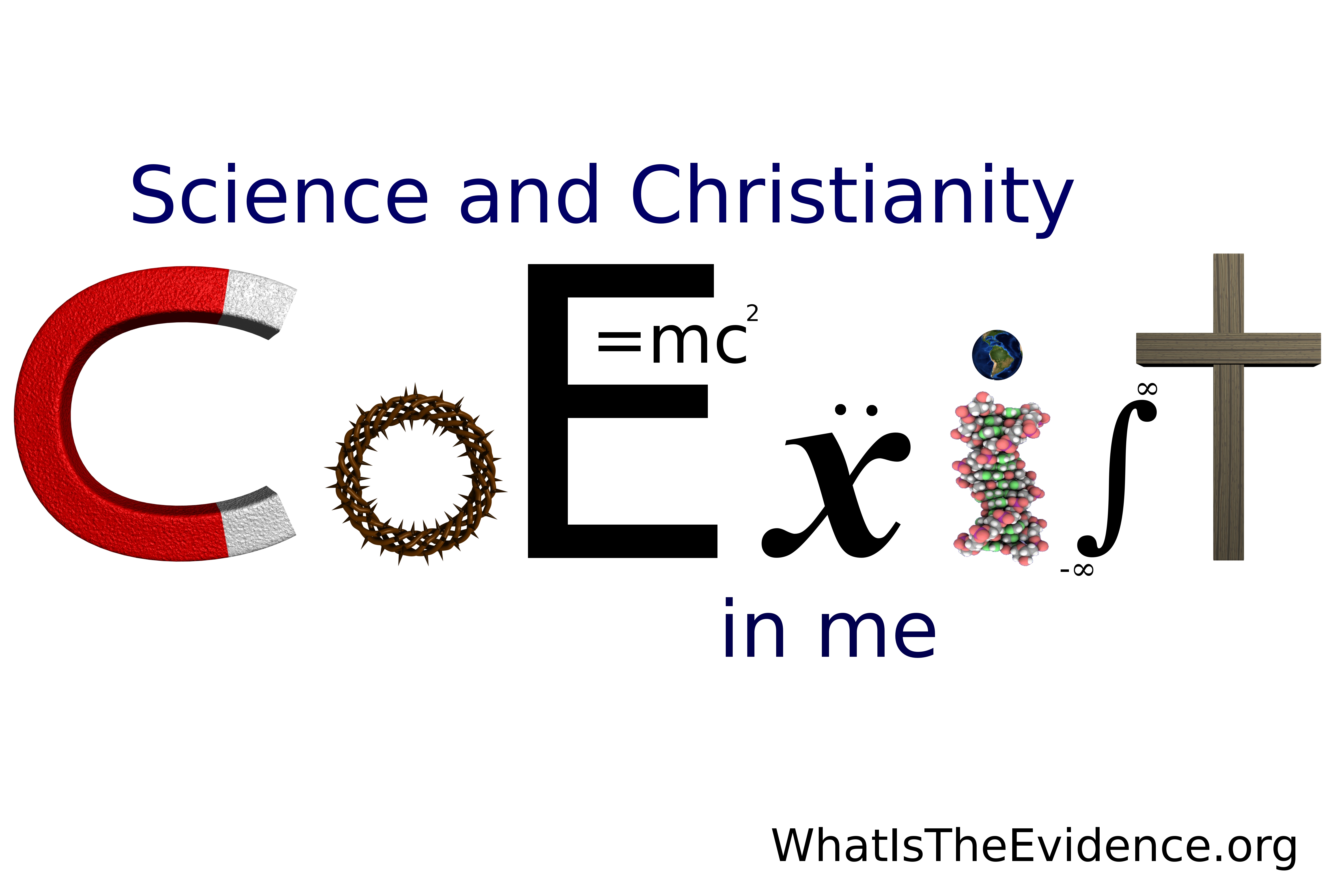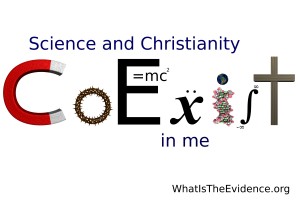The major religions of the world are faced with a knowledge explosion here in the 21st century. In particular scientific knowledge is growing exponentially. Ray Kurzweil, the noted futurist and proponent of The Singularity, a moment in time when machine intelligence will surpass that of humans leading to a syncretic merging of the two, states that “we won’t experience 100 years of progress in the 21st century — it will be more like 20,000 years.” And there is a lot of evidence to back up this perspective. Just thinking about the technological innovation I have witnessed in my lifetime is amazing. I was born at the birth of the nuclear age, the jet age, the transistor, and the heart bypass machine. I witnessed the entire Space Age from the launch of Sputnik to a man on the Moon, the International Space Station, to the Grand Tour of the outer planets, rovers on Mars, Galileo, Cassini, Messenger and Dawn. I have witnessed the deciphering of the human genome and the discovery of the Higgs-Boson (the God Particle). I even witnessed computers beating out chess masters and former Jeopardy champions. And it seems that discovery and technological innovation in my lifetime has become more compressed as I age.
Through all of this expansion in our universal understanding of the physical world we can see and touch, the metaphysical has remained the same. Modern science and technology, born in the Christian world (some say Judeo-Christian), in its early stages was embraced by the religious. Nicholaus Copernicus studied canon law before publishing his perspective on a heliocentric Solar System. Gregor Mendel, an Augustinian friar, gave us unique insights into how genetic traits are inherited. Charles Darwin planned to be an Anglican clergyman and studied theology before embarking on his voyage around the world that led to On the Origin of Species and evolution. So one can argue that Judeo-Christianity, science and technology are mutually compatible.
But there are many within Christianity including scientists and engineers who see the expansion of scientific and technical knowledge as a forewarning of a coming millennium. They see “scientism” as having devastating consequences. They argue that science and technology has led to a material world and false gods and that the knowledge we have gained is very much like the forbidden fruit in the Garden of Eden and will only lead to the planet’s destruction. Some call for a moratorium on scientific progress as the only way to re-balance humanity with the planet.
How does Christianity, a religion that has a belief system based on a god who manifested a son to save humanity by sending him to Earth where he died and was resurrected, deal with the potential through biomedical advancements of enormously extending human life even to the point of creating machine-human immortality? Does the end of mortality correlate with a spiritual Heaven where humans go upon death? Does the merger of man and machine run counter to the notion that humanity was created in the image of a god?
One would think these types of questions would shake the foundations of anyone’s faith. But from the mouth of an evangelical Christian scholar, Martin Buerger of both MIT and University of Connecticut, in a discussion with six Christian scholars that took place in 1973, I quote:
“Modern man has advanced so far in technology that he thinks everything is under his control and no divine control is really needed. Man has everything he wants and thinks he can do anything he wants. He can even stand on the moon these days, and not only stand on it but come back. But one of the things we need to get around is the idea that the Bible is inconsistent with science and that science is inconsistent with the Bible. I don’t think that is so at all.”
Dr. Buerger, a mineralogist, is convinced that the Book of Genesis can be reconciled with all that modern science has discovered over the last several centuries from the creation of light to the flood. Another in that conversation, V. Elving Anderson, a geneticist and cell biologist at the University of Minnesota, stated:
“I believe that God made a perfect creation. It is pretty obvious to all of us that it no longer appears that way. And the reason is that man in the form of Adam sinned. Some scientists see a world that is no longer perfect and tend to blame God for it, or to ask, if it is this bad, how could any God have ever existed? The great advantage that the Christian has over the scientist who will not look at the Word of God is that the Christian believes in the sovereignty of God…”
So Christians who are technologists and scientists can rationalize faith and a literal interpretation of biblical text with scientific and technological advancement.
It is interesting that we live in the age of the God Particle and that in its discovery we may have found the essential element that allows matter to bond and differentiate into all that we see in the Universe. God Particle – it’s a good name. Maybe that’s how Christianity can reconcile itself with science and technology going forward. Maybe future Christian scientists and technologists will argue that the god they believe in is present in subatomic forces that bind matter together and lead to the chain of material development that has turned into you and me and the planet on which we reside. That the divine is essentially in all of us. Maybe that will be the Christian argument for the 21st century and beyond.










